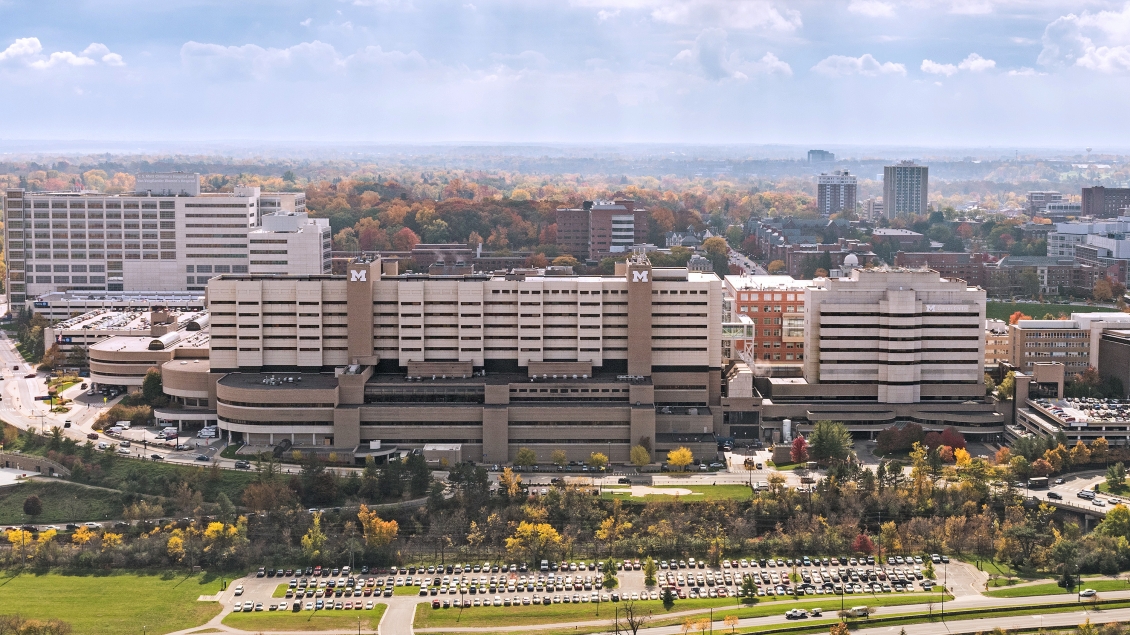
Our program allows postdoctoral fellows (both MDs and PhDs) to investigate rheumatic diseases from various perspectives, leveraging cutting-edge systems biology, mechanistic, outcomes, and translational approaches to scientific inquiry. We are able to support four trainees per year, with an expected duration of training of at least two years.
Trainees, along with their mentors, will develop an individual development plan that will include the following personalized elements:
- Required core training components that emphasize responsible and rigorous approaches to scientific investigation, and also provide platforms for regular scientific interactions between current and former trainees, as well as program faculty mentors
- Elective training opportunities, including three master’s degree programs
- Selected elective coursework tailored to the specific scientific and career goals of each trainee
- Targeted career and professional development that provides trainees the leadership and management skills needed for their transition to independence
- An innovative research project that leverages the major scientific themes of the training program
- Mentorship from a research mentorship committee designed to nourish and support trainees as they pursue their short- and long-term career goals
All trainees are required to participate in the training activities below:
- Program for the Education and Evaluation of Responsible Research and Scholarship (PEERRS) - online foundational instruction and certification research training program
- Responsible Conduct of Research for K Awardees - interactive, practice-based seminar series focused on addressing RCR issues
- Rigor & Reproducibility Training (PIBS 504) - covers transparency in research, blinding and randomization, biological and technical replicates, sample size, outliers and exclusion criteria, data presentation, sex as a biological variable, and reagent verification
- MICHR Mentoring Academy - workshop consisting of facilitated small group discussions of case studies related to aligning expectations, addressing equity and inclusion, fostering independence, and maintaining effective communication
- Diversity, Equity, Inclusion, and Well-being Grand Rounds - presented quarterly during Internal Medicine Grand Rounds that provides foundational information on DEI and well-being for faculty and researchers by covering topics such as implicit bias, culture in academic medicine, and gender equity
- Rheumatology Research Conference - monthly seminar series where research work-in-progress is presented by trainees and faculty members. All program trainees present their work at least once per appointment year
- Rheumatology Journal Club - monthly conference that typically includes an in-depth discussion of a research paper relevant to rheumatology and related biomedical sciences. All program trainees present at least once per appointment year
Commensurate with its standing as one of the leading research institutions in the United States, the U-M Medical School offers educational opportunities that are of high relevance to our trainees:
- Rheumatology Grand Rounds - weekly format alternating between radiology and pathology conferences, presentations by clinical fellows, and invited lectures by visiting professors
- Rheumatology Special Lectures and Symposia - features esteemed visiting speakers hosted by the Division of Rheumatology, the Immunology Program, or the Department of Internal Medicine
- Immunology 815 - weekly seminar that alternates between invited speakers, presentation of current research by graduate students, and journal club format
Trainees with career interests in clinical, health services, or bioinformatics-related research require comprehensive formal training to position them for long-term success. Our program provides the opportunity to participate in three different master’s degree programs. MD trainees interested in bench research will have the opportunity to participate in a unique Postdoctoral Research Training Course.
- Master of Science in Clinical Research Design and Statistical Analysis - allows trainees to obtain their MS degree over a 20-month period and provides the skills needed to launch a career in patient-centric research including in the areas of study design and statistical analysis.
- Masters Degree in Health and Health Care Research - designed for clinicians who want the opportunity to learn about health policy, the sociocultural determinants of health, and an array of qualitative methods relevant to health services research.
- Master’s Program in Bioinformatics - teaches skills in probability & statistics, computer programing, machine learning, matrix methods, signal processing, and other areas relevant to high-dimensional data analysis through a combination of didactic lectures, seminar series, and hands-on practica
- Postdoctoral Research Training Course - offered to postdoctoral trainees from any discipline with a strong interest, but little hands-on experience in basic research, this research training course provides a rigorous introduction to scientific thinking and methodology
Each program trainee will participate in at least one elective from a selection courses that includes bioinformatics, biostatistics, epidemiology, human genetics, and immunology. These additional educational opportunities will be constructed based on each trainee’s research interests, career goals, and previous experiences.
The below activities are offered by U-M on a regular basis. Participation in these activities are encouraged and individualized based on the previous experiences of each trainee.
- Leadership Skills for Working Effectively in Research Collaborations - designed for investigators working in collaborations who want to improve their group process and leadership skills in pursuit of establishing “high performance teams”
- Preparing Manuscripts for Publication - Increasing Your Chances for Success - provides hands-on education on writing scientific papers to improve clarity, focus, and effectiveness in scientific writing and communication
- Mock Study Section - simulates a NIH Study Section and is ideal for fellows, trainees, and junior faculty members who are writing career development and R01 grants
- Leadership and Career Development Class - facilitates the development of leadership purpose and skills for learners around impacting health care at a system level
- Emerging Leaders Program - designed to set the right vision, inspire teams, drive change, and develop leadership skills
Expand your career trajectory in a high-volume academic medical center that also supports and excels in a wide range of basic science, translational and clinical research programs.